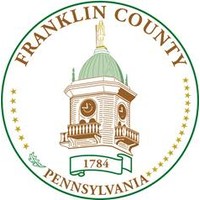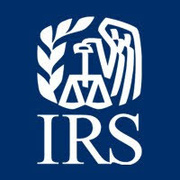Closing Date: 23rd September, 2025
Description:
Basic Function:An attorney in this section investigates and prosecutes all forms and types of insurance fraud. The matters involved range from the relatively simple to the extraordinarily complex. The duties are divided into two related and inextricably bound stages: investigative and prosecutorial.
The investigative stage begins with the assignment of a referral of suspected insurance fraud to an attorney and an agent. The attorney and agent will work together to coordinate and to conduct the investigation. The complexity of the matter to be investigated determines the nature of the investigative tools used. Generally, the more simple investigations involve a review of insurance company records and other relevant documentation, interviewing witnesses, and the preparation and execution of search warrants when necessary. In the more complex, long term investigations, the Grand Jury and electronic surveillance might be needed.
In larger more complex cases, IFS attorneys and agents may work with other sections of the Office, including the Appeals and Legal Services Section, when complex legal issues arise, or additional investigative resources are needed. In matters involving significant sums of money, coordination with the Asset Forfeiture Administration Unit may be required to seize and preserve assets for forfeiture/restitution.
Once an investigation is completed and a decision is made to pursue a prosecution, either a complaint or a Grand Jury Presentment is prepared. Following arrest, the assigned attorney is responsible for all phases of prosecution, including arraignment, preliminary hearing, pretrial conference, pretrial motions/hearings, trial (bench/jury), post-trial motions/hearings, and sentencing hearings.
An intimate knowledge of criminal law and criminal procedure is necessary to perform these duties. As a Deputy Attorney General II (DAG II) gains experience, work increases in complexity and is performed with more independence. A Deputy Attorney General III (DAG III) will work independently on most matters.
Examples of Duties:
- Reviews initial referrals of suspected insurance fraud for prosecutorial merit
- Develops investigative plans based upon the nature of the matter to be investigated (simple/complex) in conjunction with assigned agents
- Directs investigations determining what investigative steps to take and investigative tools to use to achieve appropriate/just investigative outcome
- Monitors investigations, assessing progress and adjusting investigative strategies when needed
- Keeps supervisor informed of the progress and potential outcome of investigations
- Determines, along with agents and in consultation with superiors, whether to pursue a prosecution
- Prepares/reviews/approves charging documents in conjunction with agents if prosecution is pursued
- Represents the Commonwealth post arrest and throughout all stages of the criminal prosecution including arraignments, preliminary hearings, pre-trial conferences, pretrial motions/hearings, trials (bench/jury), post-trial motions/hearings, and sentencing hearings
Minimum Experience and Training
Deputy Attorney General II:
Graduation from an accredited school of law, admission to the Bar of the Supreme Court of Pennsylvania, and a minimum of three (3) years of progressively responsible experience in professional legal work
Deputy Attorney General III:
Graduation from an accredited school of law, admission to the Bar of the Supreme Court of Pennsylvania, and a minimum of six (6) years of progressively responsible experience in professional legal work







